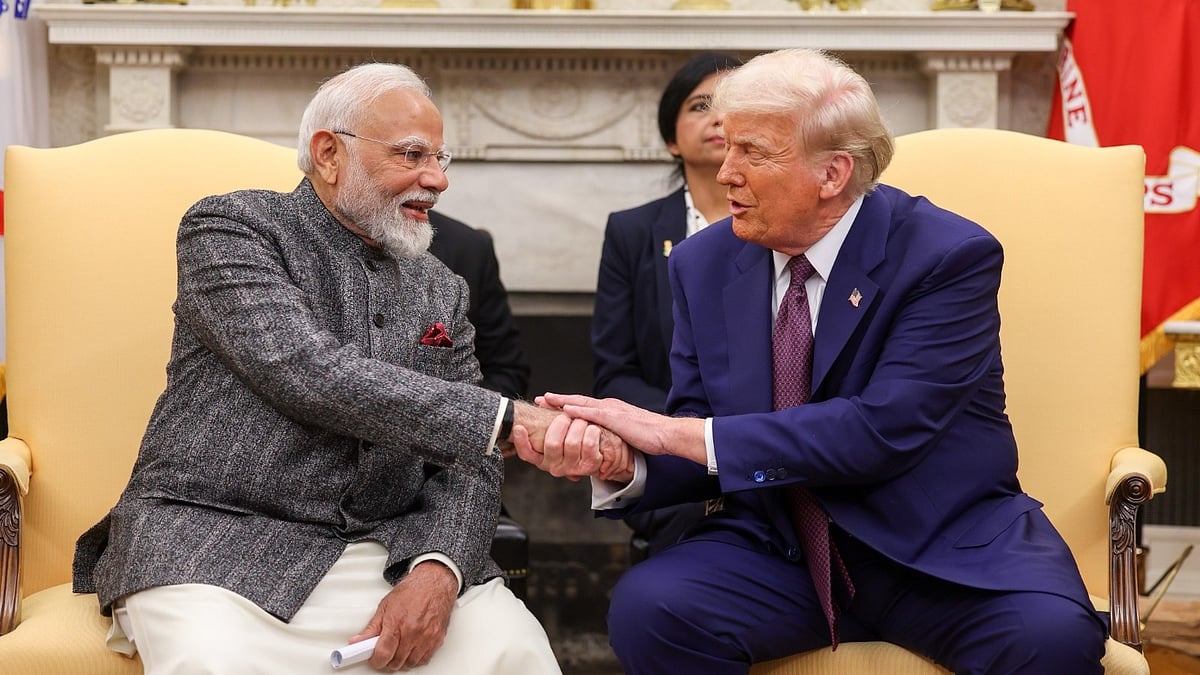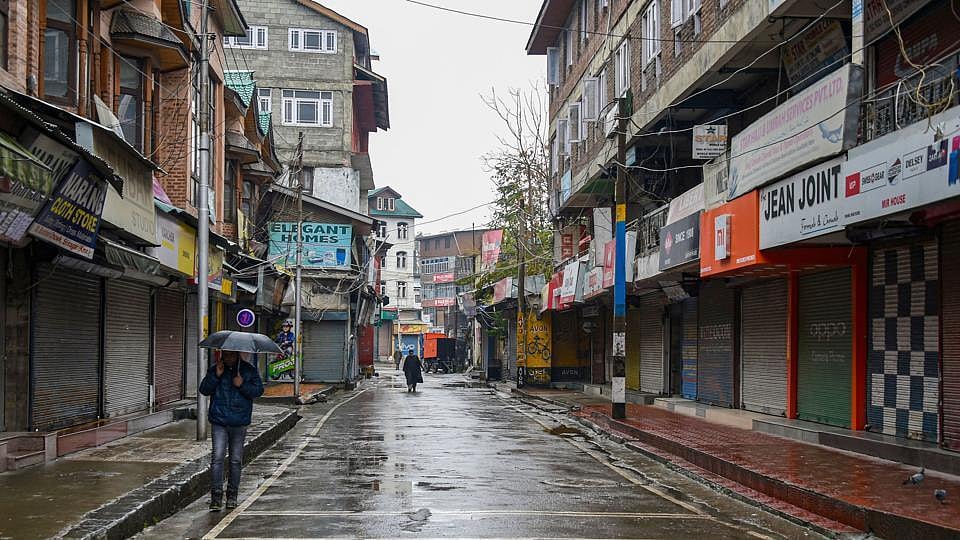The world’s most indebted property developer, China’s Evergrande, is in a massive $305 billion trouble. Markets and analysts are worried that this could possibly be a Lehman Brothers moment for China. But the parallel, if at all, is superficial.
In 2008, the world was rocked by a gigantic financial crisis whose epicenter was the US real estate market, more specifically the bank called Lehman Brothers that had recklessly underwritten massive sums of the bonds of the US government-promoted home loan companies, Fannie Mae and Freddie Mac. These bonds were touted as mortgage-backed securities, i.e. bonds floated on the strength of receivables in the form of home loan EMIs.
Home loans 'perceived' to be safest
Home loans are perceived to be the safest from a lenders’ standpoint.
Home loan companies, to be sure, are sufficiently protected from defaults, thanks to mortgage. But as luck would have it, the US property market was on a downhill course.
Under the US law, home loan companies hands were tied---no recourse to personal assets; indeed borrowers’ inability to pay EMIs at worst could only trigger sale of the mortgage property.
The borrowers laughed up their sleeves at the liberal law in their favor, the one that was correspondingly stacked against the lenders. The resultant losses of home loan companies took a heavy toll on Lehman Brothers with the US government refusing to bail it out.
What followed was the dreaded, nightmarish contagion effect that at first rocked the US financial markets and soon enveloped the entire world, thanks to the greenback’s international currency status.
L'affaire Evergrande isn't default by home loan takers
China, and in fact no other country, indulges home loan borrowers thus. Furthermore, unlike in the US crisis, the flashpoint in L’affaire Evergrande isn’t default by home loan takers but by the property developer Evergrande. And the putative default is only with regard to interest with the earliest tranche of bonds maturity slated for 2024. That said, markets cannot be oblivious of the brewing trouble because real estate accounts for around 25 percent of GDP and 80 percent of household wealth of China. It is also a big source of government revenue.
Debt-fuelled real estate growth is one reason China’s credit to GDP ratio is 300 percent-plus. That is why Evergrande shares have tanked (80 percent fall since July 21 in the Hong Kong stock exchange.)
Why Evergrande is no Lehman
At the same time the differences are too stark to be glossed over. Lehman was dealing in cash, whereas Evergrande’s principal asset is land bank. The Chinese government, while being averse to a bailout, has rightly been urging Evergrande to liquidate its unsold properties so as to be able to stave off default on interest ($85 million) on its US bonds falling, due shortly. It has already paid interest on domestic borrowings but as is well-known, bond-issuers take liberties with the distant off-shore lenders by pleading for time and getting it.
What should be worrying for the Chinese government is the unedifying appellation of junk bonds Evergrande’s debt instrument has inevitably attracted. Evergrande’s dollar bond due 2025 is indicated at 25.2 cents on the dollar after falling 10.9 cents last week--its biggest drop since the end of July, as Bloomberg-compiled prices show. It is not alone.
Several Chinese realty companies’ bonds have been accorded the junk status. Junk bonds are hedge funds’ delight. They revel in risk-taking to heighten the returns for its investors.
The inverse relationship between bond price and its yield is something every starry-eyed finance student is taught. Let us say, a Rs 100 bond is issued carrying interest of 8 percent p.a. Should it be quoted at Rs 80, the annualized return on investment (ROI) would be 10 percent; whereas should it be quoted at Rs 120, the annualized ROI would be pulled down to 6.67 percent. Thus junk bonds are something risk-takers feast on----buy low, earn high. But it is typically double-edged---if you unwittingly buy high, the yields could be low.
Sovereign ratings are important
Sovereign ratings are important for a country and its pride. While no domestic company can command a higher rating than the country rating, it is equally true that if there is a mushrooming growth of junk-grade companies from a given country, soon it would pull down the sovereign or country rating as well.
The Chinese government must be viewing such a prospect, remote as it is, with distaste. Intuitively, therefore, it would do everything in its power to stave off such a shaming denouement, especially at a time it is living down the charge of being the coronavirus super spreader.
China would certainly not like to join the ranks of its friend Pakistan which is in the doghouse of international financiers. Though the crisis may be only a storm in China's tea cup, the government must be acutely aware of what this issue portends.
China could follow India example
In 1990, the Indian government airlifted huge quantities of gold for display before international financiers to redeem its credibility and capacity to pay back loans. The Chinese government can be similarly expected to display its resolve in reining in its real estate sector.
(The author is a senior columnist, and tweets @smurlidharan)









